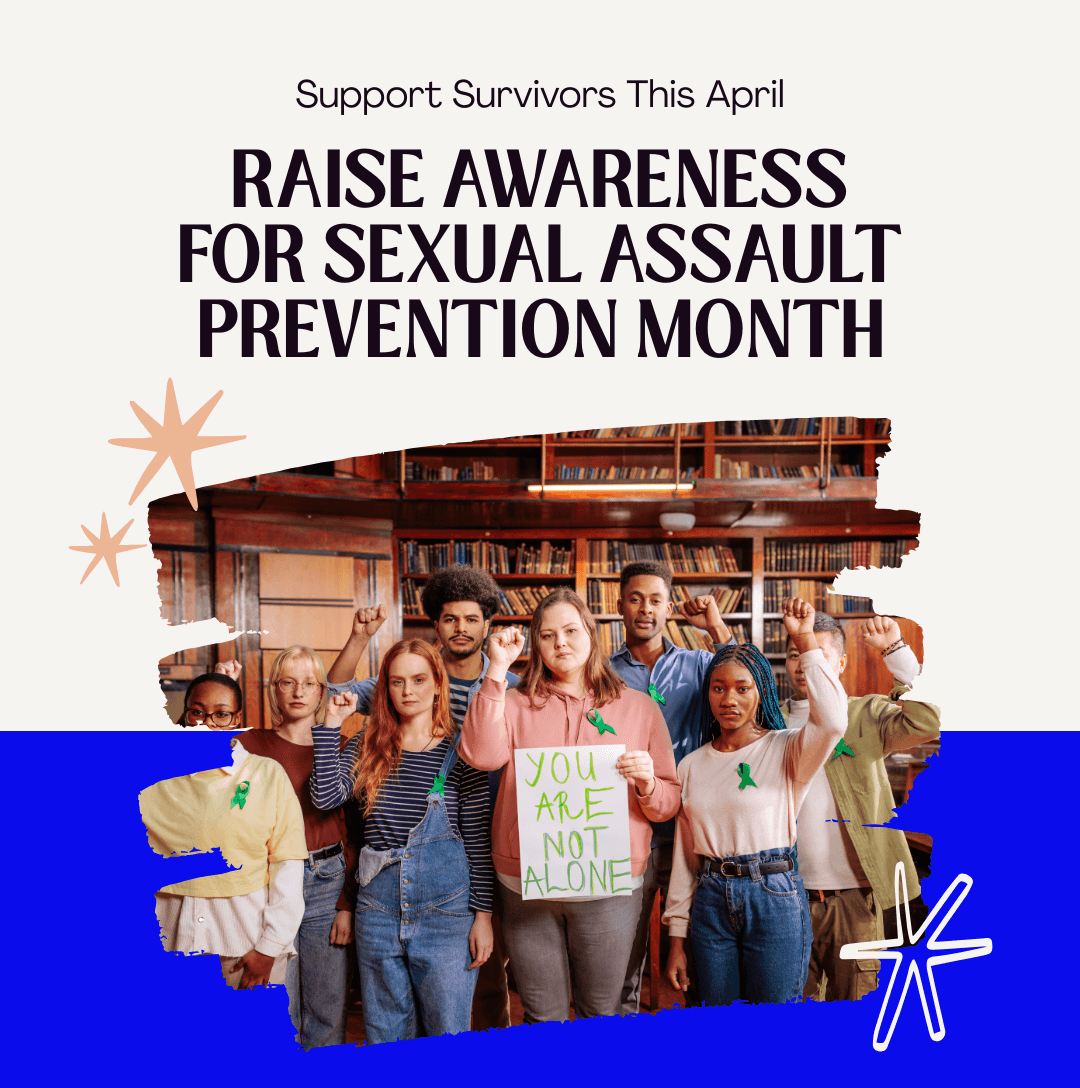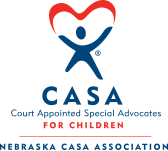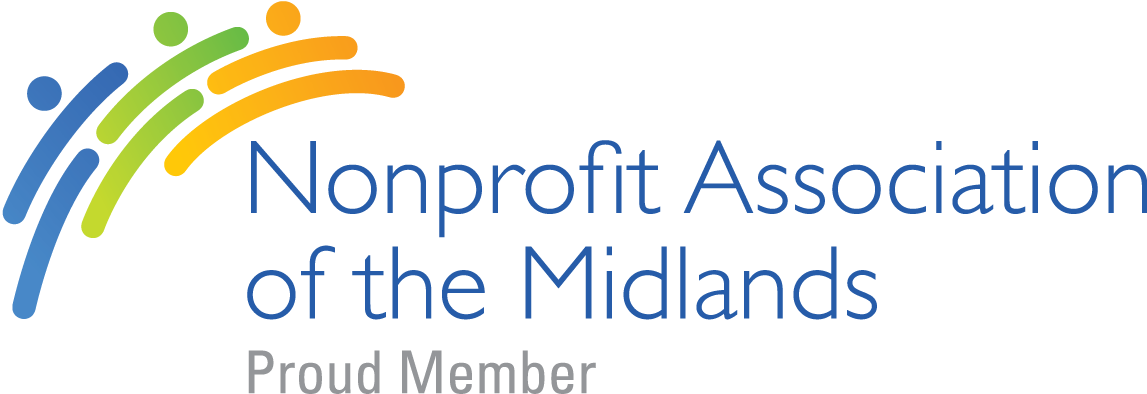
Child sexual assault is a grave concern that demands our collective attention and action. Sadly, children in foster care are at a higher risk for child sexual abuse compared to the general population. Let’s break it down:
1 in 10 children will be sexually abused before age 18.
- 90% of children who are sexually abused know their abuser (often a family member or trusted adult).
- Girls are more likely to be victims, but boys are also significantly affected—and often underreport.
- Most abuse occurs in situations where the abuser has access, trust, and privacy with the child.
(Sources: CDC, Darkness to Light, National Sexual Violence Resource Center)
For Children in Foster Care:
- Children in foster care are more than twice as likely to experience sexual abuse than children in the general population.
- A 2019 study found that up to 28% of girls in foster care reported experiencing sexual abuse.
- Children who move frequently between placements or are in group homes face even higher risk due to reduced oversight and inconsistent relationships.
(Sources: U.S. Department of Health & Human Services, Casey Family Programs, Journal of Child Abuse & Neglect)
Why Are Foster Youth More Vulnerable?
- Trauma history: Many have already experienced abuse or neglect.
- Multiple placements: Disrupt stable relationships, making it harder to report or trust adults.
- Overburdened systems: Caseworkers and caregivers may miss red flags.
CASA Volunteers are here to help prevent child sexual abuse in these children. How?
They Stay Vigilant for Red Flags
- In the child’s behavior:
- Sudden changes in mood, sleep, or behavior
- Age-inappropriate sexual knowledge or behavior
- Unexplained fear of certain people or places
- In adults’ behavior:
- Boundary violations (excessive physical contact, isolating the child, giving expensive gifts)
- Adults who seem to “groom”—building secrecy, dependency, or special relationships
CASA Volunteers Advocate for Safe Placements
- Make sure placements have been thoroughly vetted.
- Ask questions about who lives in the home, how supervision is handled, and whether adults have appropriate training.
- Push for background checks and appropriate services or supports for caregivers.
CASA Volunteers Promote Preventive Education in the Child’s Life
- Recommend age-appropriate therapy where abuse prevention and boundary setting can be part of the work.
CASA Volunteers Speak Up with Any and All Concerns
- If there’s any suspicion of abuse or grooming behavior, CASA volunteers will report it. They increase child safety by spending time with the child.
- Even if it’s not clear abuse, we speak up about any environment or behavior that feels off. A CASA’s voice can trigger a deeper look.
CASA Volunteers are a Consistent, Safe Adult
- One of the strongest protective factors for a child is having one reliable, trusted adult.
- Just being someone who listens, believes them, and is always in their corner is powerful prevention.



